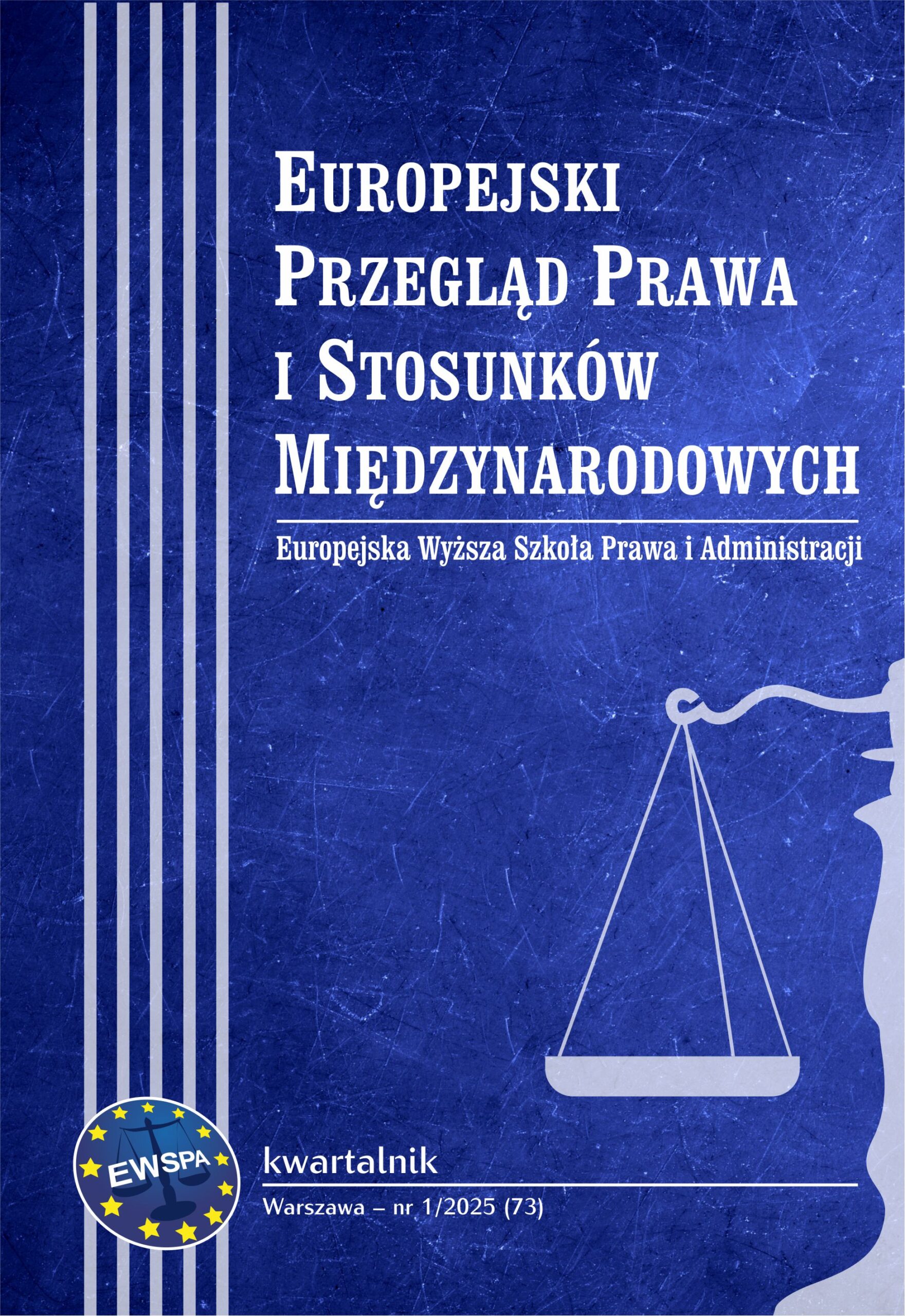Abstract
Modern Turkey represents an interesting case of political transformation: from traditional monarchy to military regime, from military regime to parliamentary democracy and, more recently, from parliamentary democracy to a new authoritarianism. One of the most influential Turkish scholars who studied these processes was Ergun Özbudun (1937–2023), a political scientist and constitutional lawyer, honorary professor at the European University of Law and Administration in Warsaw; Özbudun’s contribution to the understanding of these transition constitutes the most important part of his scholarly work.
Abstrakt
Współczesna Turcja stanowi interesujący przypadek politycznych transformacji: od tradycyjnej
monarchii do reżimu wojskowego, od reżimu wojskowego do demokracji parlamentarnej
oraz, ostatnimi czasy, od demokracji parlamentarnej do nowego autorytaryzmu.
Jednym z najbardziej wpływowych tureckich uczonych, którzy badali te procesy,
był Ergun Özbudun (1937–2023), politolog oraz prawnik konstytucjonalista, profesor honorowy
Europejskiej Wyższej Szkoły Prawa i Administracji w Warszawie; wkład Özbuduna
w zrozumienie tych przemian stanowi najważniejszą część jego pracy naukowej.
BIBLIOGRAPHY / REFERENCES
Hale William, Özbudun Ergun (2009), Islamism, Democracy and Liberalism in Turkey.
The Case of the AKP, London: Routledge.
Janowitz Morris (1971), The Comparative Analysis of Idle Eastern Military Institutions [in:]
Morris Janowitz, Jacques van Doorn eds, On Military Intervention, Rotterdam:
Rotterdam University Press.
Kazancigil Ali, Özbudun Ergun eds, Ataturk: Founder of a Modern State, London:
Hurst & Company.
Kili Suna (1969), Kemalism, Istanbul: Robert College.
Myrdal Gunnar (1944), An American Dilemma: The Negro problem and modern democracy,
New York–London: Harper & Brothers Publishers.
O’Donnell Guillermo (1991), Delegative Democracy?, ‘Journal of Democracy’, vol. 5, 1.
Özbudun Ergun (1966), The Role of the Military in Recent Turkish Politics, Cambridge
Mass.: Harvard University Center for International Affairs.
Özbudun Ergun ed., Perspectives on Democracy in Turkey, Ankara: Turkish Political
Science Association.
Özbudun Ergun (1991), Constitution Making in Democratic Transitions, East-South Systems
Transformations Working Paper 20.
Özbudun Ergun (2000), Contemporary Turkish Politics: Challenges to democratic consolidation,
Boulder, Colorado: Lynne Reiner Publishers.
Özbudun Ergun (2016), Social Change and Political Participation in Turkey, Cambridge,
Mass.: Harvard University Press.
Özbudun Ergun (2020), Utrwalanie się konkurencyjnego autorytaryzmu w Turcji [Consolidation
of Competitive Authoritarianism in Turkey], ‘Europejski Przegląd Prawa
i Stosunków Międzynarodowych’ 4, 55 [Polish transl.].
Özbudun Ergun, Yazıcı Serap (1966), Military Regimes’ Extrication from Politics: Exit guarantees
[in:] Aleksandra Jasińska, Jacek Raciborski [eds], Nation–Power–Society, Warszawa:
Scholar Publishers.
Przeworski Adam et al. (1995), Sustainable Democracy, Cambridge: Cambridge University
Press.
Turan Ilter (2019), The Rise of Populist Electoral Authoritarianism in Turkey: a Case of
Culturally Rooted Recidivism [in:] Jerzy J. Wiatr (ed.), New Authoritarianism: Challenges
to democracy in the 21st century, Opladen–Berlin–Toronto: Barbara Budrich Publishers.
Wiatr Jerzy J. (2019), New and Old Authoritarianism in a Comparative Perspective [in:]
Jerzy J. Wiatr (ed.), New Authoritarianism: Challenges to democracy in the 21st century,
Opladen–Berlin–Toronto: Barbara Budrich Publishers.
Wiatr Jerzy J. (2022), Political Leadership Between Democracy and Authoritarianism:
Comparative and historical perspectives, Opladen–Berlin–Toronto: Barbara Budrich
Publishers.
Yılmaz Hakim (2008), The Kemalist Revolution and the Foundation of the One-Party Regime
in Turkey: A political analysis [in:] Serap Yazıcı, Kemal Gözler, Fuat Keyman [eds], Essays in
Honor of Ergun Özbudun / Ergun Özbudun’a Armağan, Ankara: Yetkin Yayınları.
Zakaria Fareed (2007), The Future of Freedom. Illiberal Democracy at Home and Abroad,
New York: W. W. Norton.

